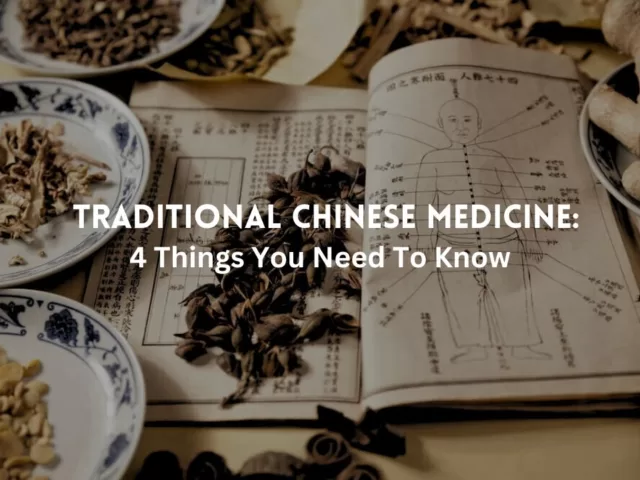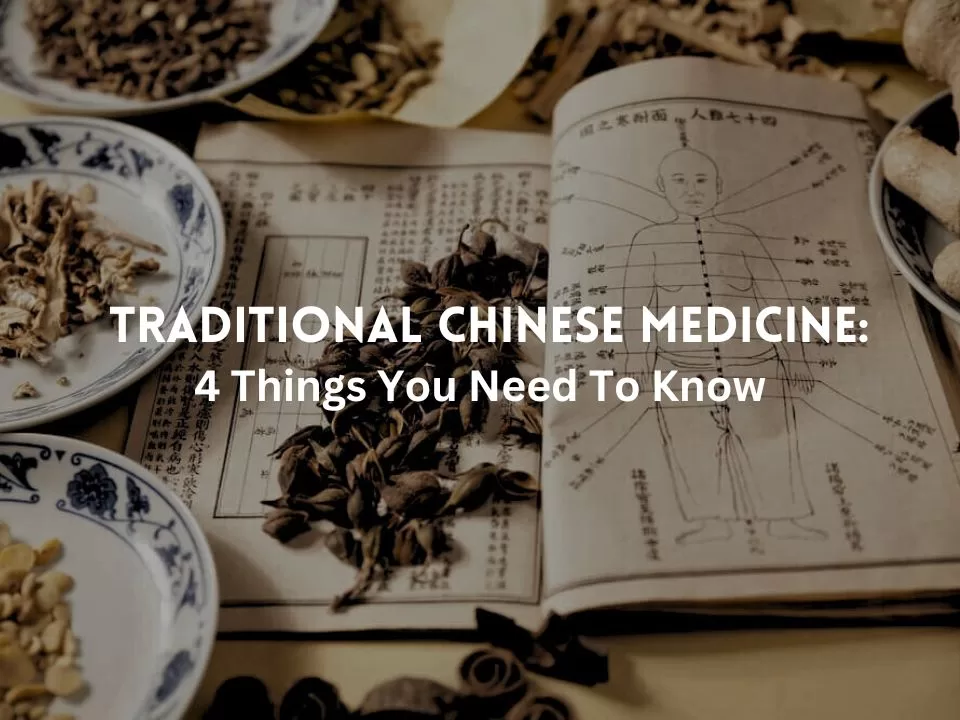
Many of us know individuals who have experimented with Traditional Chinese Medicine (TCM), and opinions about it are divided – some enthusiastically endorse its benefits, while others dismiss it as mere gullibility.
Common remarks like, “You’re frequently experiencing headaches? You should try my TCM practitioner; he’s highly effective!” or “Your immune system needs a boost; TCM can address that,” are prevalent, alongside cautionary tales of TCM gone awry.
4 Tips Before Considering Traditional Chinese Medicine

Amidst these contrasting views, the challenge lies in discerning the truth. Despite being familiar with the term, understanding the intricacies of this ancient practice and its potential contributions to our health and well-being remains elusive for many.
To assist those contemplating TCM for the first time, Dr. Ong Siew Siew, a Senior Lecturer at the Centre for Complementary & Alternative Medicine at the International Medical University (IMU), and concurrently the Clinician-in-Charge and Senior Chinese Medicine practitioner at IMU Healthcare’s Chinese Medicine Centre, shares insightful tips and essential information. Check out the Traditional Chinese Medicine tips below:
1. Ensure To Choose A Certified TCM Practitioner
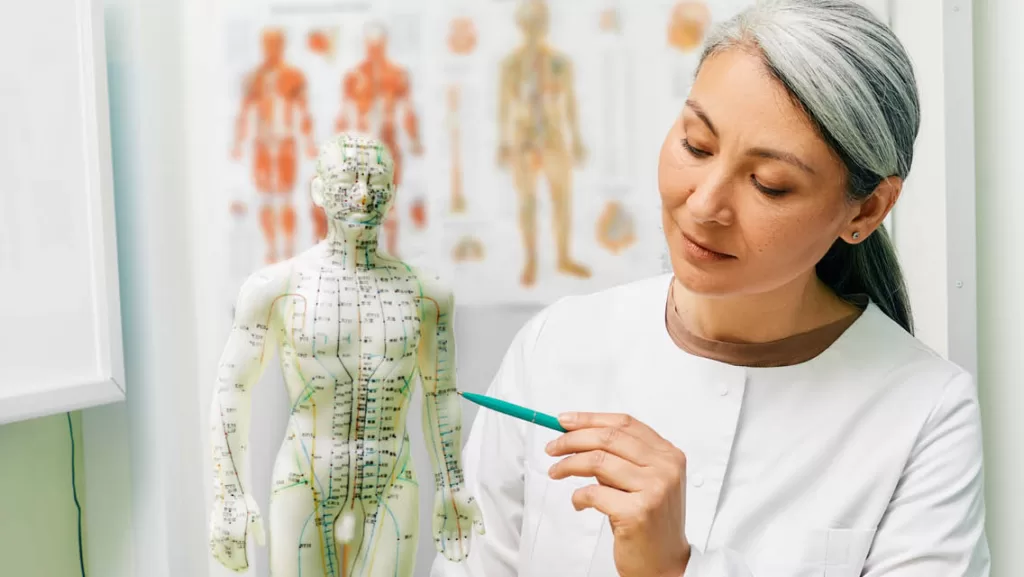
Image via Experience Life
TCM is a legitimate practice officially recognized by the Ministry of Health in Malaysia. Governed by the Traditional and Complementary Medicine (T&CM) Act 2016 [Act 775], the TCM industry is undergoing a significant transformation to enhance consistency and credibility within the TCM practitioner community and their services. This development is particularly promising for individuals seeking TCM advice.
Starting from March 2024, every licensed TCM practitioner will be registered with the T&CM Council and granted an Annual Practising Certificate (APC). This streamlined process will facilitate the verification of a TCM practitioner’s legitimacy.
2. TCM Operates On Distinct Principles Contrasting Western Medicine

Image via SHINE
In accordance with TCM principles, each individual possesses a unique body constitution pattern, signifying the delicate balance of opposing elements. It is essential for these elements to coexist harmoniously for one to maintain good health, as explained by Dr. Ong. TCM endeavors to restore this balance and regulate the body’s dynamic energy, which can be influenced by factors like diet, stress, chronic illnesses, and more.
Guided by these principles, TCM practitioners can effectively address various health issues. For instance, TCM is adept at alleviating chronic pain, fortifying the immune system, enhancing sleep quality, and addressing numerous other concerns. Some practitioners specialize in specific areas of health, such as the heart, lungs, digestion, or the reproductive system.
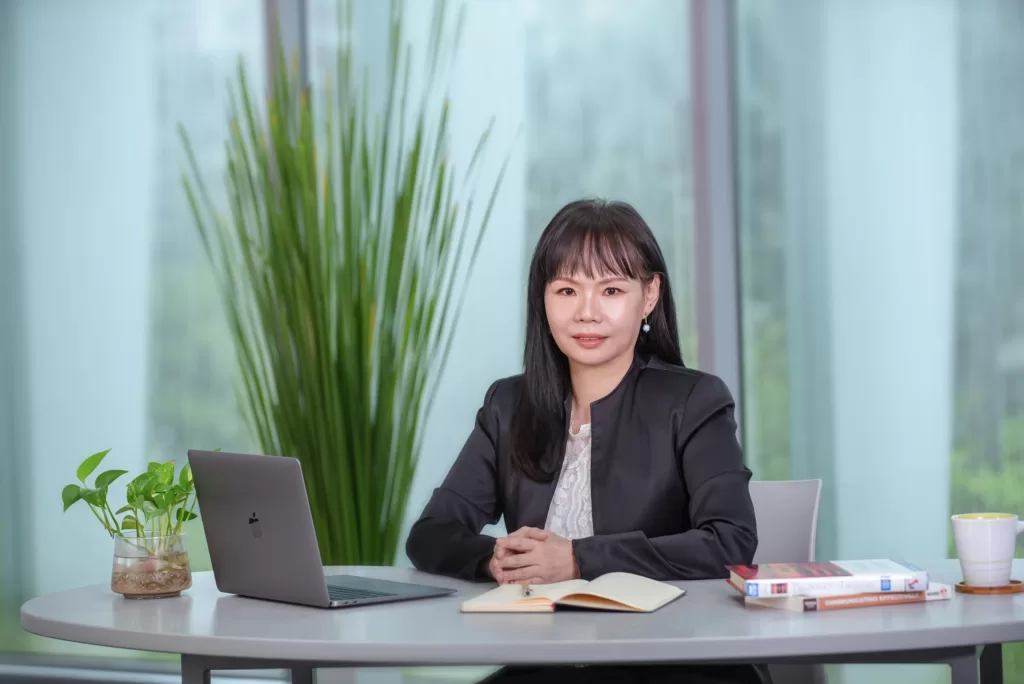
Senior Lecturer at the Centre for Complementary & Alternative Medicine at the International Medical University (IMU)
The Senior Lecturer at the Centre for Complementary & Alternative Medicine at the International Medical University (IMU), Dr. Ong Siew Siew explained:
In TCM, our philosophy centres on achieving balance among various elements. Therefore, two patients with a similar ailment may receive different therapies because each of them presents a unique imbalance that requires rectification.
Dr. Ong Siew Siew, Senior Lecturer at the Centre for Complementary & Alternative Medicine at the International Medical University (IMU)
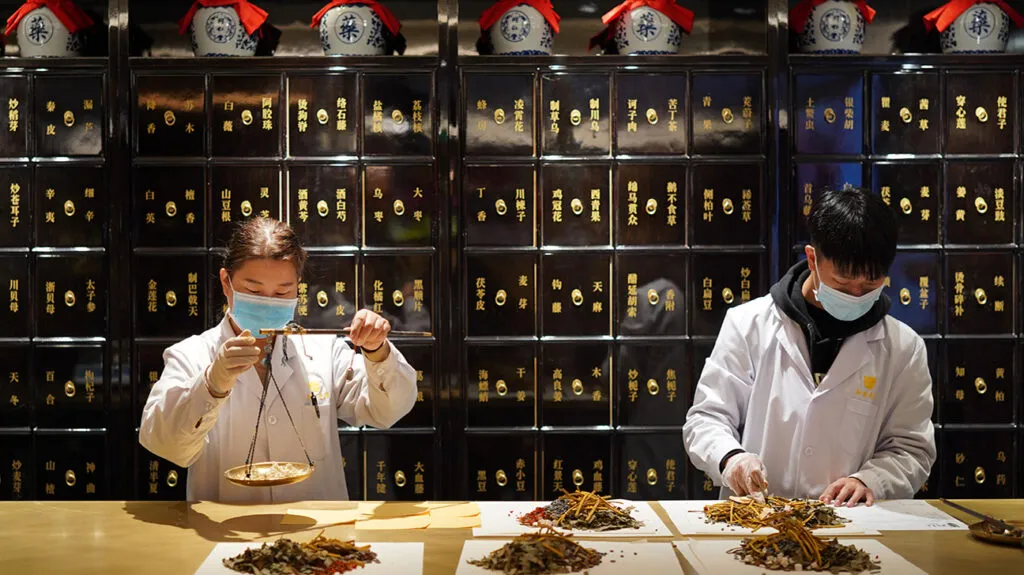
Image via Medical News Today
As the treatment progresses and the patient’s constitution undergoes changes, adjustments to the prescription and treatment may be necessary. Hence, it is strongly recommended to maintain continuity of treatment with the same practitioner, who can closely monitor your progress.
This approach significantly contrasts with Western medicine, which typically concentrates on diagnosing and treating specific diseases by targeting the affected organ or body part.
Nevertheless, it’s important to acknowledge that TCM and conventional medication can complement each other, provided both parties are well-informed. Taking oral medications from the two disciplines at least four hours apart is crucial to minimize the risk of interactions. Conversely, for external modalities like acupuncture, cupping, or moxibustion, the likelihood of interactions is minimal.
3. TCM Is Neither Mystical Nor Religious, So There’s No Need To Worry!
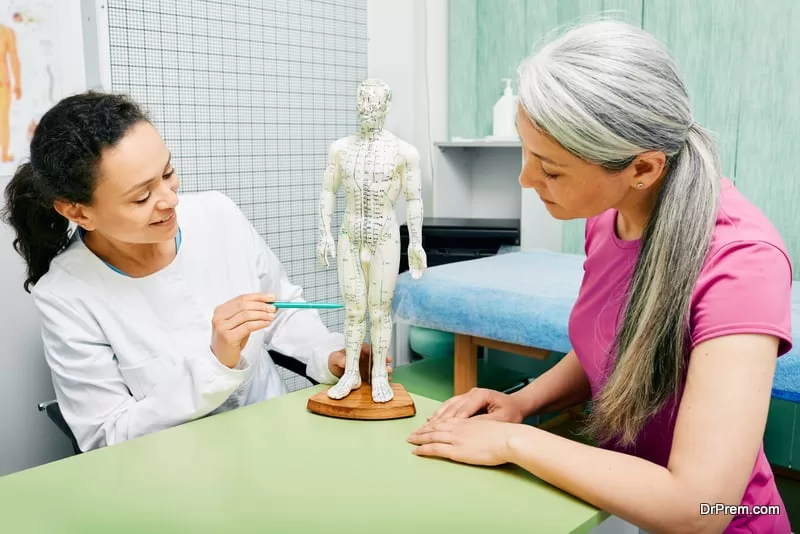
Image via Dr. Prem
Individuals from diverse backgrounds seek assistance from TCM practitioners. Your initial visit will resemble any typical medical appointment – the practitioner will gather information about your medical history and employ diagnostic techniques to assess your body’s constitution.
Bringing along medical records such as blood test results and imaging reports, such as scans or X-rays, can be beneficial in providing additional context. It’s also advisable to list your medications, and supplements, and discuss your daily routines and lifestyle. This comprehensive information enables the practitioner to gain a deeper understanding of your needs, facilitating the formulation of an effective treatment plan.
In this process, a TCM practitioner evaluates a patient’s condition using TCM diagnostic principles and employs a personalized combination of treatment methods. These methods are rooted in scientific and non-spiritual principles to address any imbalances in the body.
Generally, TCM relies on four main treatment approaches: acupuncture, cupping therapy, moxibustion (burning of moxa herb or mugwort), and herbal prescriptions.
4. Comparable To Western Medicine, The Outcomes Of TCM Treatment Require Patience
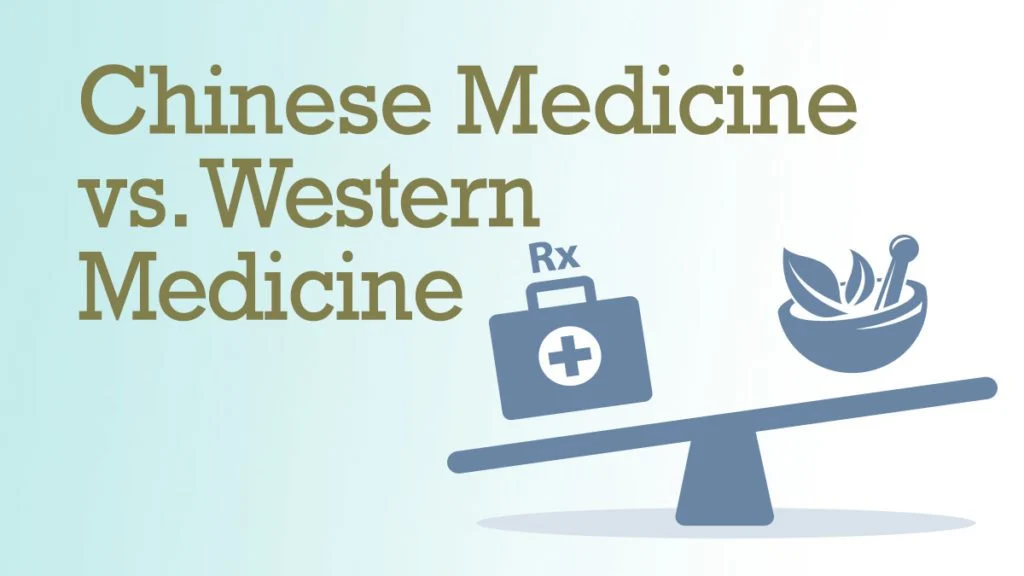
Image via Best Chinese Medicines
The duration of treatment is contingent on the particular condition or ailment being addressed. Minor ailments may necessitate only one or two sessions, while chronic conditions may require a more extended timeframe. Moreover, each individual possesses a distinct constitution, lifestyle, and habits.
Therefore, even if a patient experiences improvement after just one session, a recurring issue may arise due to the resumption of an existing pattern or situation in the person’s lifestyle. It is common for a practitioner, as explained by Dr. Ong, to recommend returning for multiple sessions to ensure sustained progress.
Dr. Ong emphasizes that TCM and Western medicine possess distinct strengths and principles. Beyond seeking a certified practitioner at a registered clinic, she encourages patients to exercise discernment, ensuring they feel comfortable and confident with the care they receive from either approach. Ultimately, the key lies in recognizing and embracing the complementary nature of these two medical paradigms for holistic health and well-being. We hope this valuable tips help you before going for Traditional Chinese Medicine.




